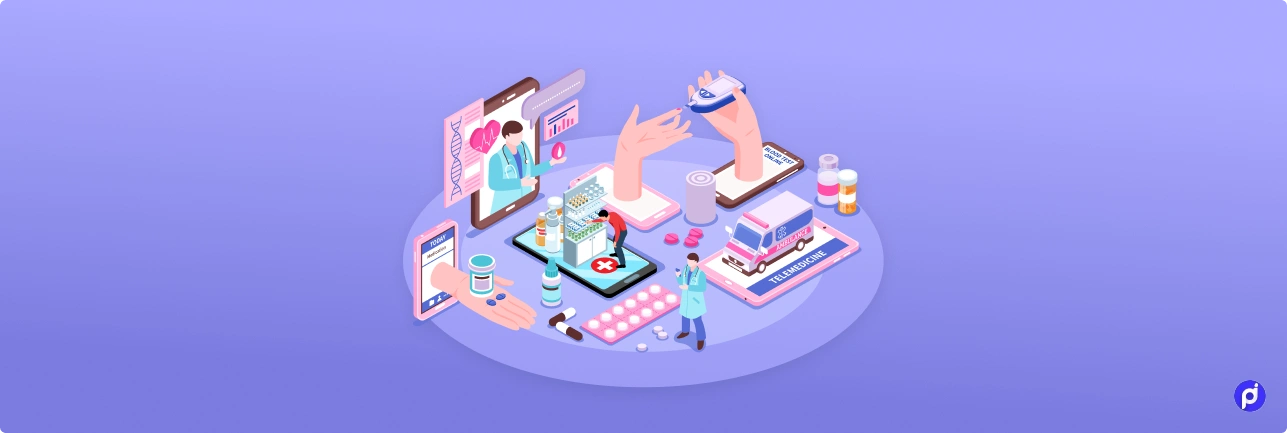Get in Touch
We will Understand Your Idea and Share Quotation
-
India +91 8100954414
-
US +1 (415) 854-9627
-
Email sales@pitangent.com












